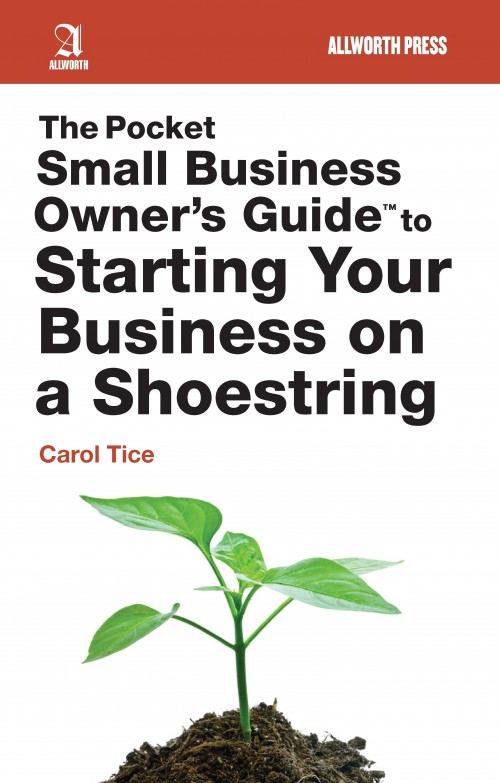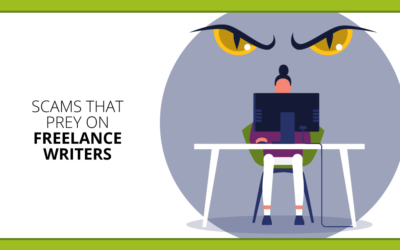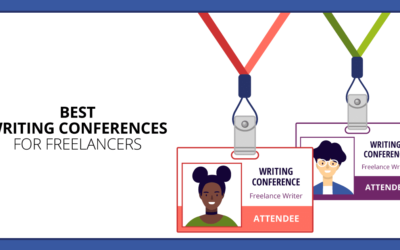
But I have an old-fashioned print book coming out July 9, and I got a big $1,500 advance for it.
I know, seems nuts!
But I had some concrete reasons for accepting this gig.
Before I get into those, here’s how it came together…
A book deal is born
About 18 months ago, I was approached by an acquisitions editor at Skyhorse Publishing, an imprint of Allworth Press.
You may have heard that print is going the way of the dinosaurs, but it turns out Allworth is one of the fastest-growing traditional imprints in America. Yes, growing!
They had a new “Dummies”-type book series they had recently started for small business owners, and they wanted to know if I would write one of the titles. You can see the result at right — The Pocket Small Business Owner’s Guide to Starting Your Business on a Shoestring comes out July 9.
You will be proud of me to know that I did negotiate so I got half my advance up-front. They wanted to send it all right about now, when I wrote and turned it in a year ago! So I at least helped my cash flow a hair with that.
Certainly, I could have made far more money writing magazine articles or white papers or something else on a freelance basis with the time I took writing this 225-page book.
But I decided to go for it, and I think it will result in more income in the long run.
Why I wrote a book for cheap
Here are my reasons for taking the gig:
- For the solo byline. My previous print book was a co-byline, and I really only wrote about one-third of it. I wanted to get a solo traditional print byline credit while that world still exists. We all know traditional print is changing fast, and I didn’t know how much longer this sort of opportunity might be offered — or when another invite like this might ever come my way. I think it imparts some authority and credibility as a writer, and I wanted to grab me some of that while I had the chance.
- Because it was easy and fun. As soon as they told me the topic, I could see the whole book outlined in my mind, and writing and submitting my outline for approval didn’t take long. I’ve spent 20 years talking to business owners of all types about how they operate their businesses, and saw it as a chance to unpack a lot of those observations and organize them in one handy spot. I did end up doing some fresh interviews for it as well, but in general it was a fairly easy write for me. And I enjoyed the chance to put a lot of my favorite business success and failure stories into one concise package. It sort of puts a bow on my whole career as a business reporter.
- To get ghosting gigs. My main freelance writing goal at this point is to ghost books for corporate CEOs. I thought this book would help my credentials on that score and give me some fresh exposure to that audience.
- To learn how traditional marketing works from a winner. Clearly, Allworth is doing something right. I wanted to see how they would market the book, to discover what I could learn that I might apply to marketing my own books and ebooks about freelance writing in the future. (After talking with Guy Kawasaki about his book APE, I’m thinking about creating print-on-demand copies of my ebooks as well.) I have a bunch of writing-focused ebook releases planned for the rest of this year, so it’s good timing on that score.
- To get another shot at doing well in print. My first co-written print book, How They Started, was from a UK publisher where managers did not have any US book-sales experience. I found the experience very frustrating, and it did not exactly hit the New York Times bestseller list. I wanted to try again and put more marketing effort in, to see if I could have more of a solid hit in the business-book niche.
- Possible residual income. This is the sort of basic how-to book that could find its way into entrepreneurship or business-school program syllabi and be a steady seller. It could also be updated over time as online tools change…so I saw it as a chance to possibly have an ongoing earner. Yes, royalties are small in traditional print versus publishing your own ebook, but this title could potentially keep sending income for years.
I’ve since had another, similar offer come from another publisher, but turned it down. I think one of these types of books is enough for now. From here, I’d like to either pitch my own ideas, or ghost for others.
Right now, I’m hip-deep in the marketing ramp for the new book, and I’ll be posting about what I’m learning there in the next few weeks. I’m definitely doing some things we didn’t do for my first book, and hoping they will help grab this new book more attention.
Would you do a low-advance print book deal? Discuss why or why not in the comments.









